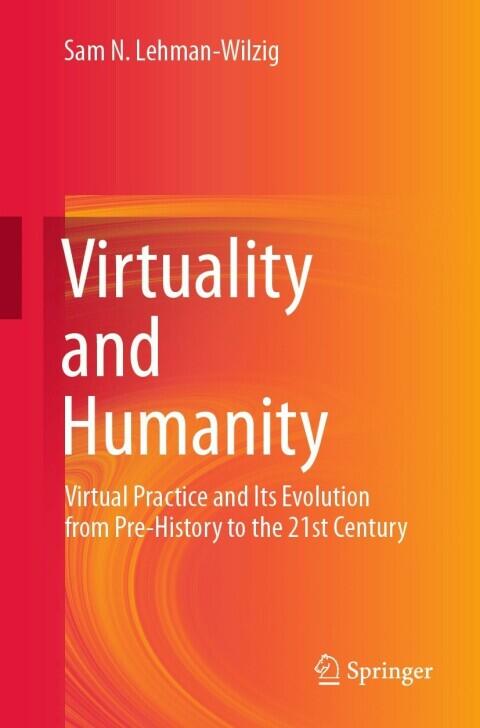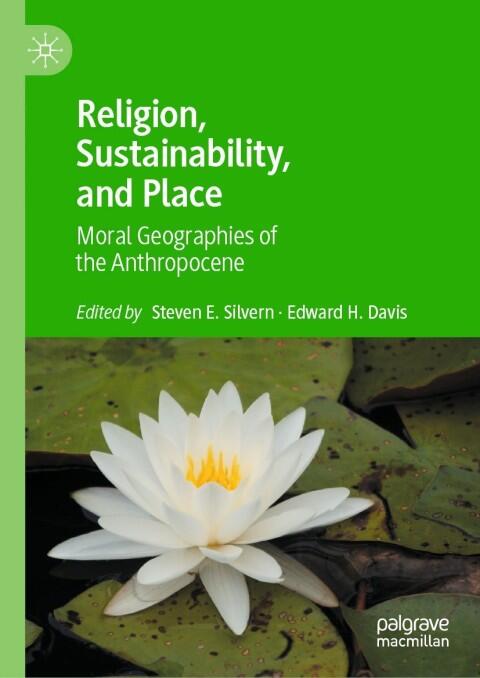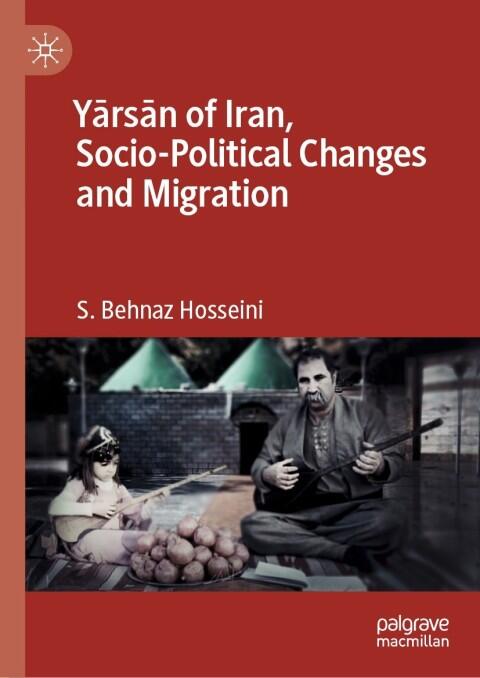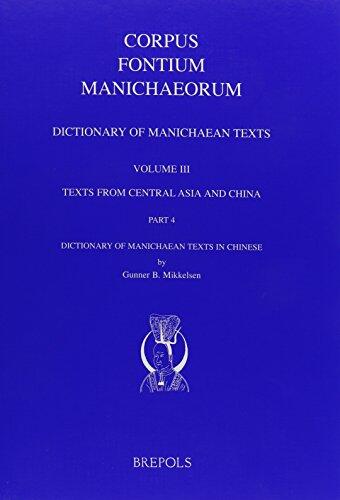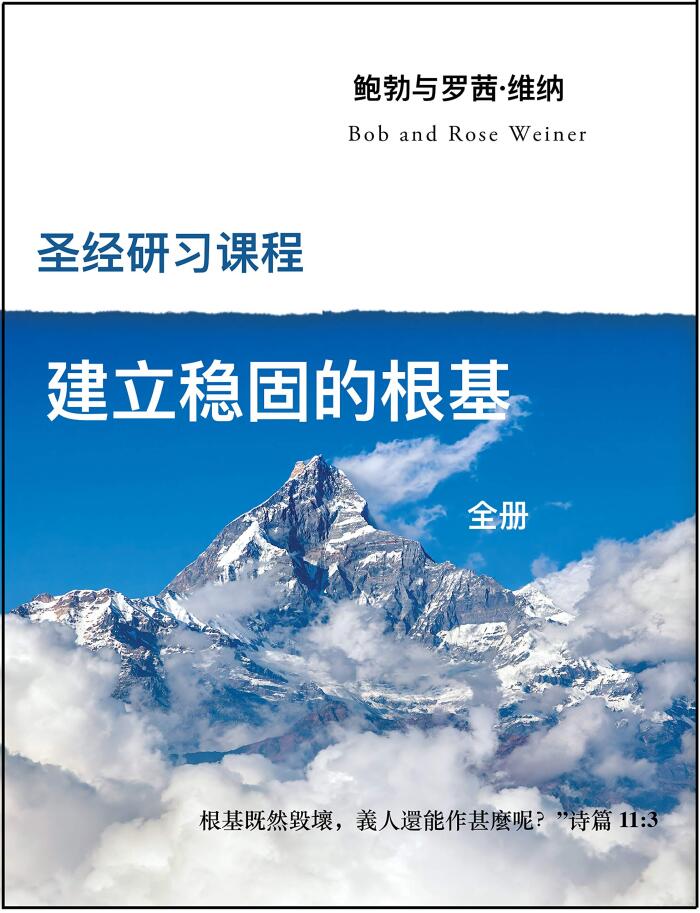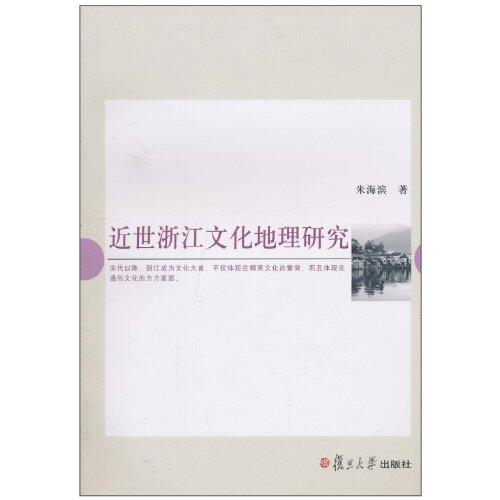
Teaching Educational Leadership in Muslim Countries: Theoretical, Historical and Cultural Foundations
لا توجد تقييمات بعد
Religion & Spirituality
Philosophy
تنسيق
كيندل
صفحات
309
لغة
الإنجليزية
منشور
Jan 1, 2019
الناشر
Springer
الطبعة
1st ed. 2019
رقم ISBN-10
981136818X
رقم ISBN-13
9789811368189
الوصف
Eugenie A. Samier delves into the unique landscape of educational leadership within Muslim countries, providing a thorough examination of its theoretical, historical, and cultural foundations. The text navigates through the Islamic tradition, unpacking how it shapes and informs practices in educational administration. This exploration is essential for understanding the diverse dynamics at play in various Muslim contexts.
Through her insightful analysis, Samier highlights the interplay between cultural beliefs and educational leadership, emphasizing the importance of context in shaping effective leadership practices. She presents a nuanced perspective that respects traditional values while also considering contemporary challenges faced by educational leaders in Muslim societies.
By weaving together historical insights and modern educational theories, the book serves as a vital resource for scholars, practitioners, and anyone interested in the intersection of culture and leadership in education. It invites readers to reflect on the rich tapestry of influences that inform educational practices and policies in a rapidly changing world.
Through her insightful analysis, Samier highlights the interplay between cultural beliefs and educational leadership, emphasizing the importance of context in shaping effective leadership practices. She presents a nuanced perspective that respects traditional values while also considering contemporary challenges faced by educational leaders in Muslim societies.
By weaving together historical insights and modern educational theories, the book serves as a vital resource for scholars, practitioners, and anyone interested in the intersection of culture and leadership in education. It invites readers to reflect on the rich tapestry of influences that inform educational practices and policies in a rapidly changing world.
